Alaskan Husky Breeding and Responsible Ownership: A Comprehensive Guide
Welcome to our comprehensive guide on Alaskan Husky breeding and responsible ownership. In this article, we will delve into the fascinating world of Alaskan Huskies, exploring their history, characteristics, breeding practices, and responsible ways to care for these magnificent dogs. Whether you’re a seasoned dog breeder, a prospective owner, or simply an admirer of these beautiful canines, you’ve come to the right place. Let’s embark on a journey to understand everything you need to know about Alaskan Huskies.
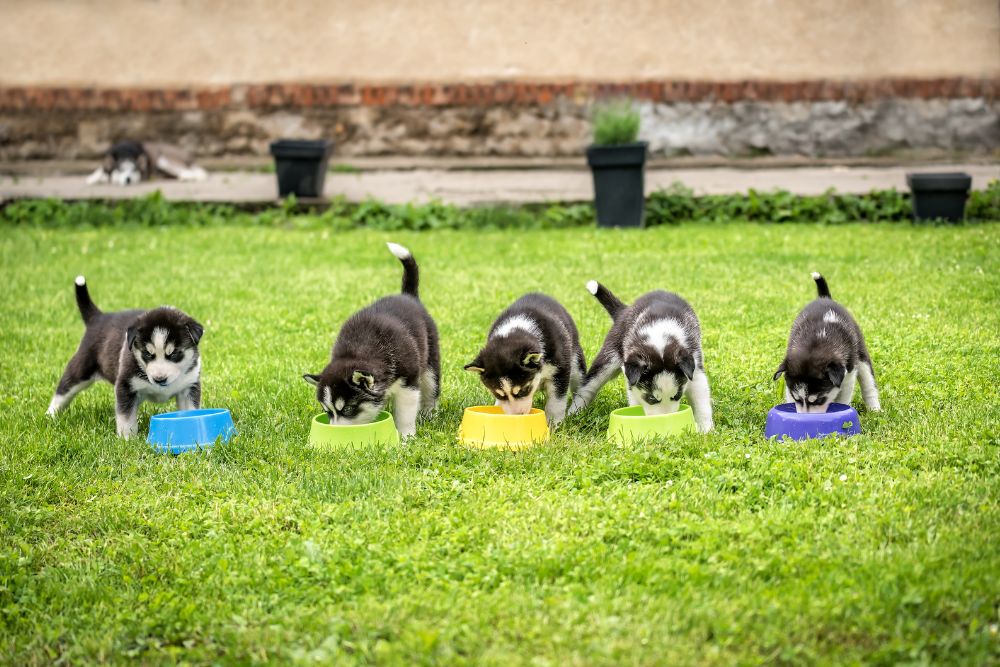
Understanding Alaskan Huskies
Alaskan Huskies are a breed renowned for their endurance, strength, and intelligence. Often mistaken for Siberian Huskies, Alaskan Huskies are not an officially recognized breed but rather a type of working dog specifically bred for their exceptional sledding abilities and athleticism. These dogs have played a crucial role in the history of dog mushing and continue to be an integral part of competitive racing and recreational sledding activities.
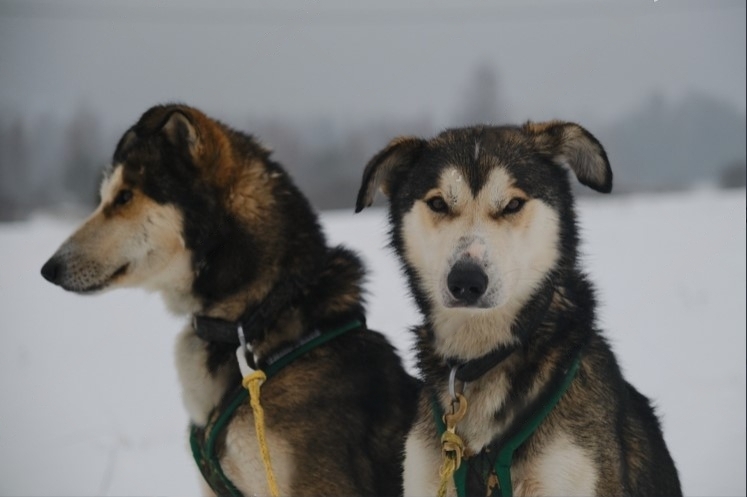
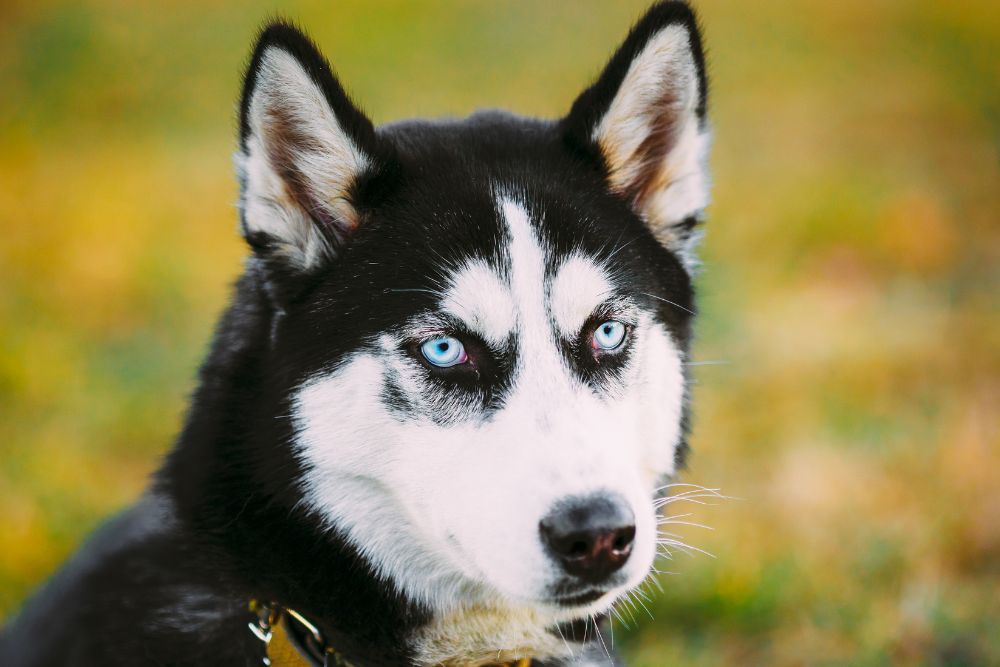
Origins and History
The history of Alaskan Huskies traces back to the Alaskan Gold Rush in the late 1800s. In search of a quick and reliable mode of transportation through the treacherous terrains of Alaska, breeders began crossing various breeds, including Siberian Huskies, Greyhounds, and German Pointers, to create the ultimate sled dog. Over the years, selective breeding practices honed the unique traits of the Alaskan Husky, resulting in a dog perfectly suited for the demanding conditions of Alaska’s frozen wilderness.
Characteristics and Temperament
Alaskan Huskies are medium to large-sized dogs with well-muscled bodies, deep chests, and dense coats. Their distinctive almond-shaped eyes can be of various colors, and their erect, triangular ears add to their alert and curious expression. Their thick double coat provides excellent insulation, making them well-equipped to withstand frigid temperatures.
Temperament-wise, Alaskan Huskies are known for their friendly, outgoing, and affectionate nature. They are highly intelligent, independent thinkers, and their working instincts remain strong even in domestic settings. Due to their history as pack animals, they tend to get along well with other dogs and can be friendly towards strangers, making them poor guard dogs.
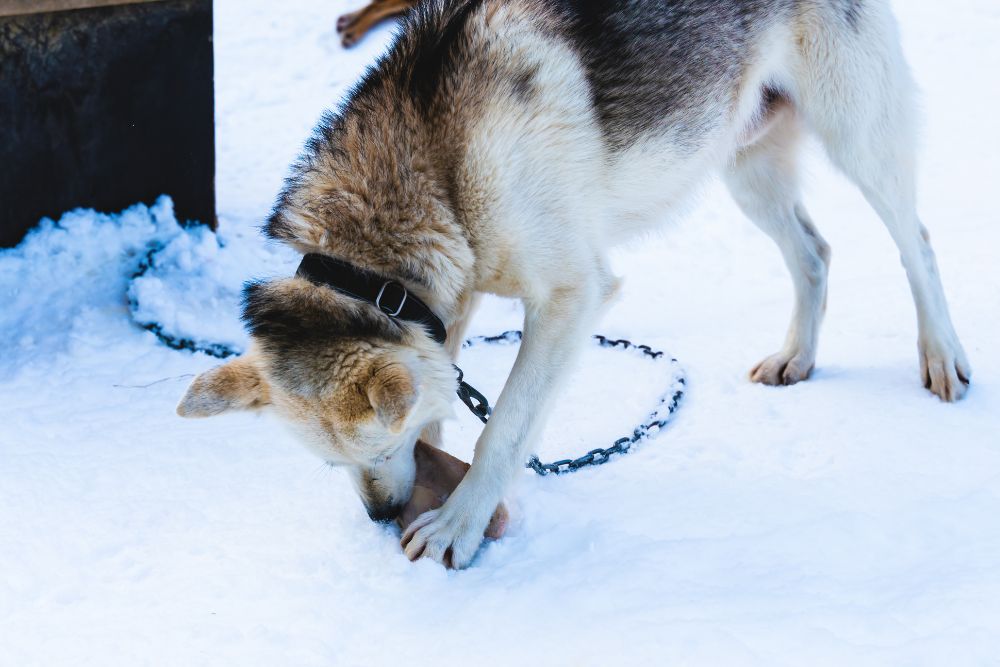
Responsible Breeding Practices
Responsible breeding is of utmost importance to maintain the health and vitality of the Alaskan Husky breed. Reputable breeders adhere to strict guidelines to ensure the physical and mental well-being of their dogs. They conduct genetic testing to identify potential hereditary health issues, screen for any conditions that may affect the breed, and strive to eliminate undesirable traits.
Additionally, responsible breeders focus on the overall temperament of their breeding dogs. They aim to produce well-balanced and sociable Alaskan Huskies that are not only capable sled dogs but also excellent family pets. Socialization and early training are emphasized to shape the puppies into well-adjusted individuals.
The Role of Exercise and Training
Alaskan Huskies are energetic and high-energy dogs that require ample exercise and mental stimulation. Their origins as working dogs mean that they have a strong instinct to pull and run, making regular physical activity essential for their well-being. Long walks, jogging, hiking, and engaging in dog sports like agility can help keep them physically and mentally satisfied.
Training is crucial for Alaskan Huskies, given their intelligence and independent streak. Positive reinforcement-based methods work best, as these dogs respond well to praise and rewards. Early and consistent training can help prevent behavioral issues and ensure that they grow up to be well-behaved companions.
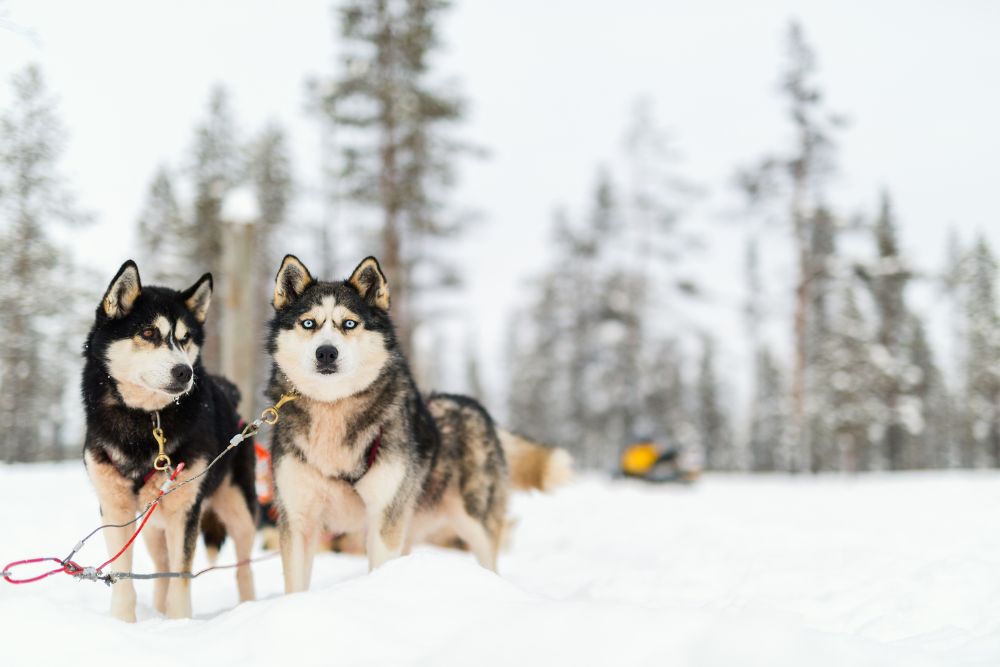
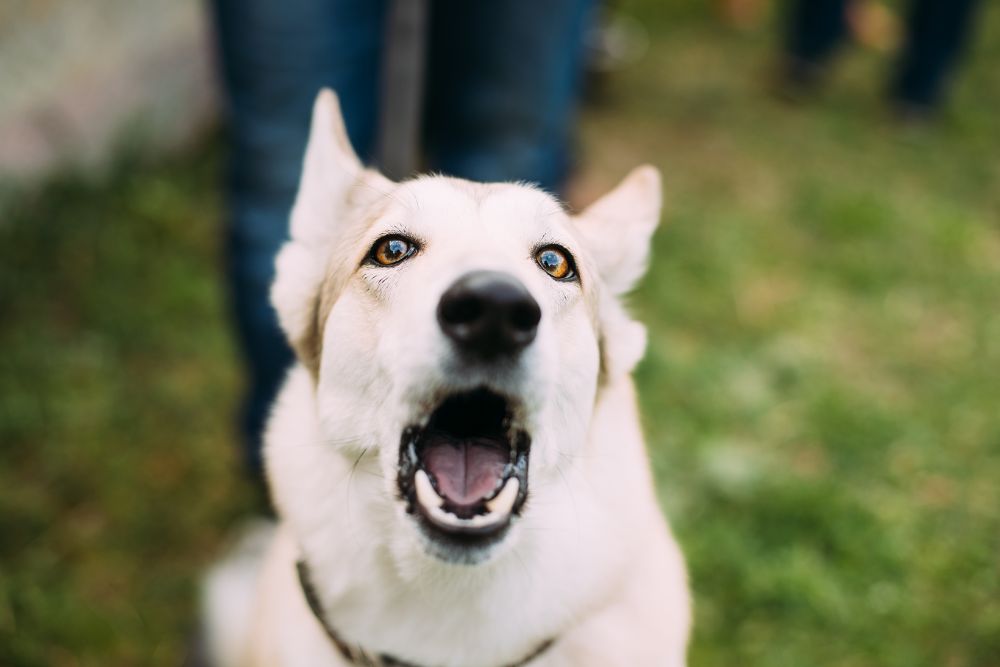
Health Considerations
Overall, Alaskan Huskies are relatively healthy dogs. However, like all breeds, they are susceptible to certain health conditions. Some common health issues in Alaskan Huskies include hip dysplasia, eye disorders, and certain genetic conditions.
Regular visits to the veterinarian, a balanced diet, and appropriate exercise can go a long way in ensuring the well-being of your Alaskan Husky. As a responsible owner, it’s essential to stay informed about potential health risks and seek prompt veterinary care when needed.
Grooming and Coat Care
Alaskan Huskies have a dense double coat that sheds heavily twice a year, a phenomenon known as “blowing coat.” During these shedding periods, daily brushing is recommended to manage the shedding and keep their coat in good condition. Regular grooming helps prevent matting and removes loose fur, minimizing the amount of hair in your home.
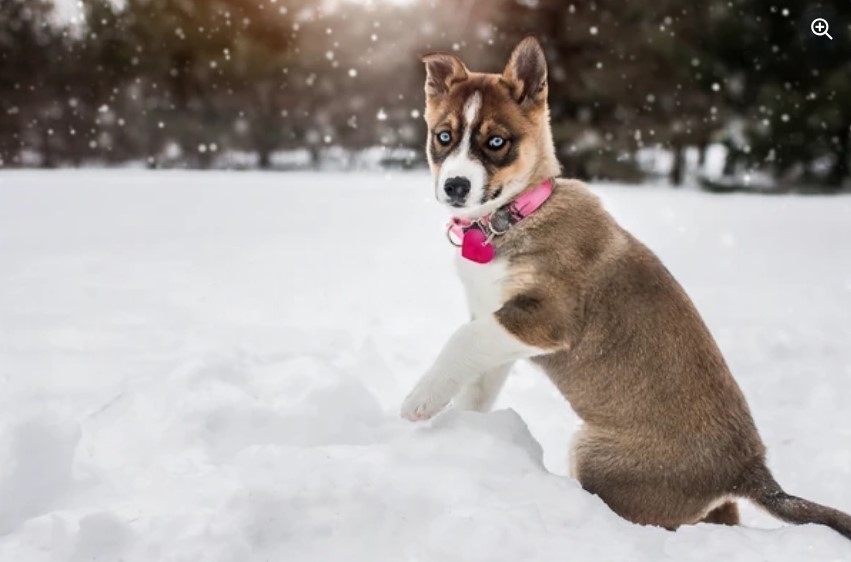
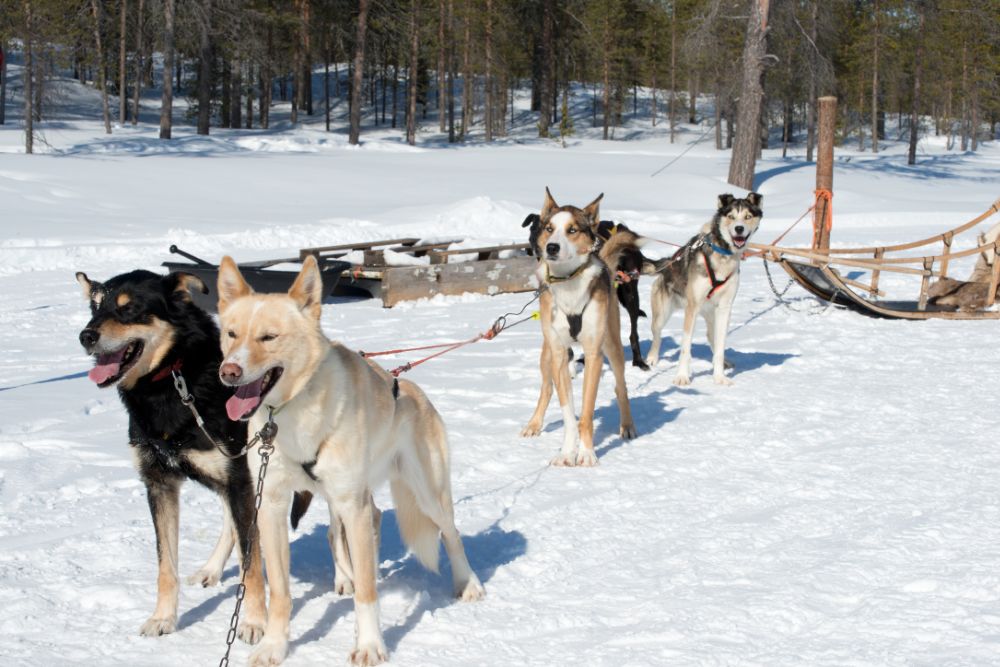
A Word on Husky Myths
There are several myths and misconceptions surrounding Alaskan Huskies, often perpetuated by popular culture and misinformation. It’s essential to separate fact from fiction to better understand these wonderful dogs.
One common myth is that Huskies are natural guard dogs. In reality, their friendly and sociable nature makes them unsuitable for guarding purposes. Another myth is that they have a strong prey drive towards small animals, making them dangerous around smaller pets. While individual temperament may vary, proper socialization and training can mitigate any potential issues.
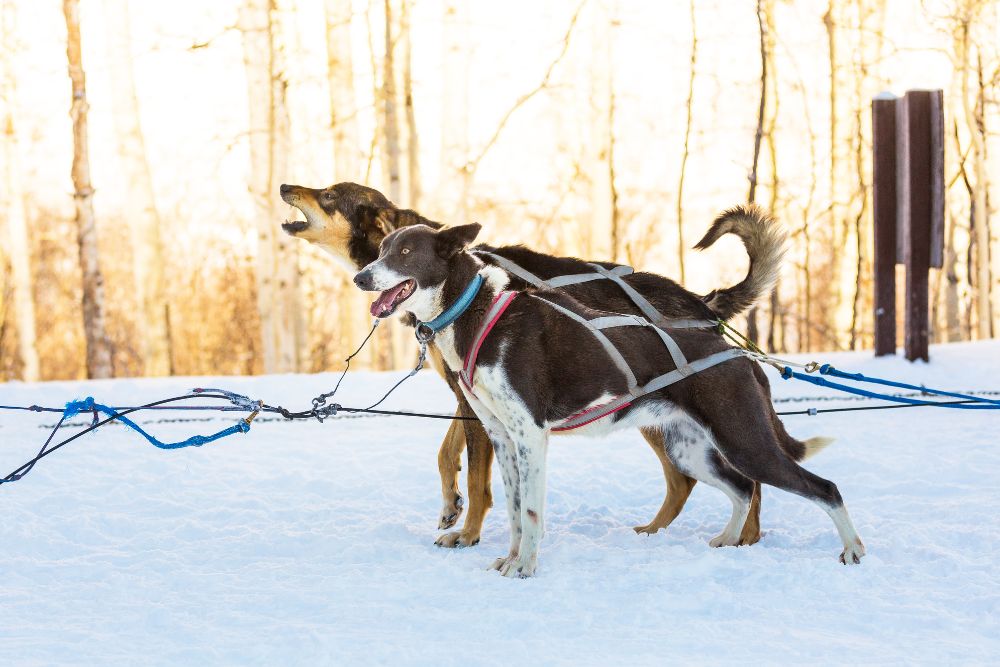
Alaskan Husky Breeding and Responsible Ownership
Alaskan Huskies are exceptional dogs with a rich history and remarkable characteristics. Whether you’re considering adding one to your family or want to learn more about this unique breed, responsible ownership and breeding practices play a vital role in preserving their legacy.
Remember, owning an Alaskan Husky is a long-term commitment that requires dedication, time, and effort. However, the rewards of sharing your life with such a magnificent and loyal companion are immeasurable.